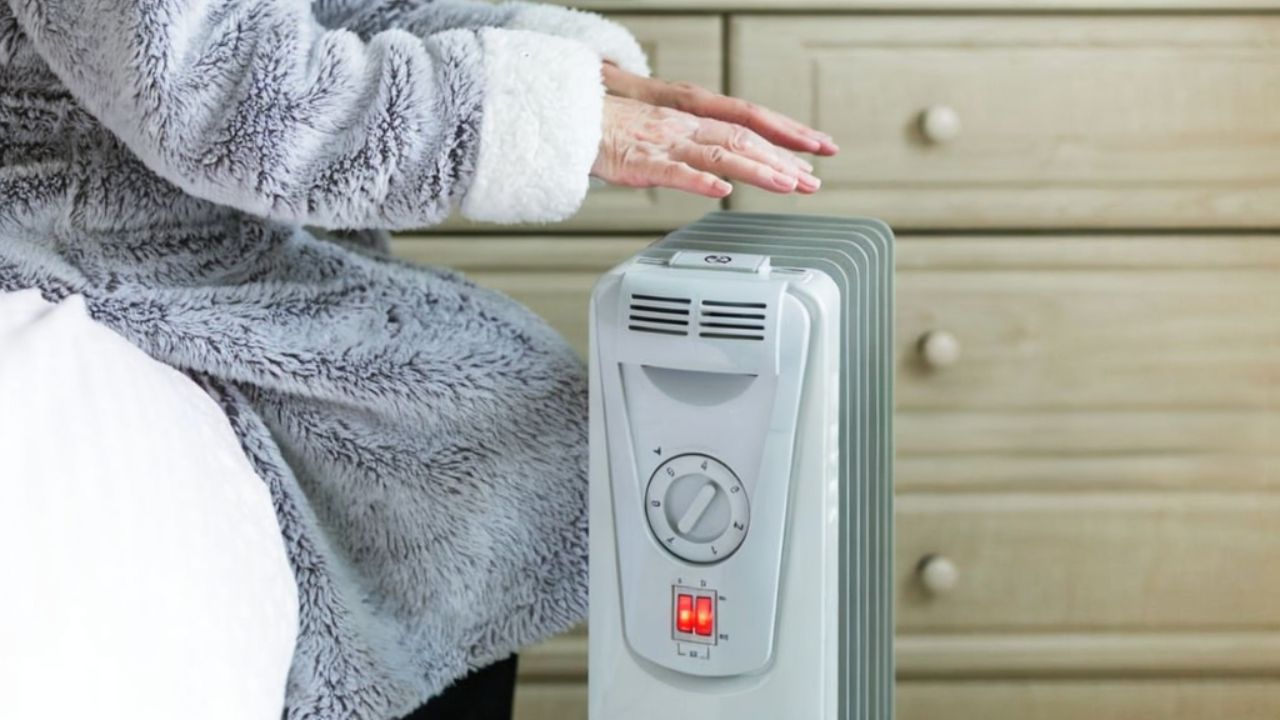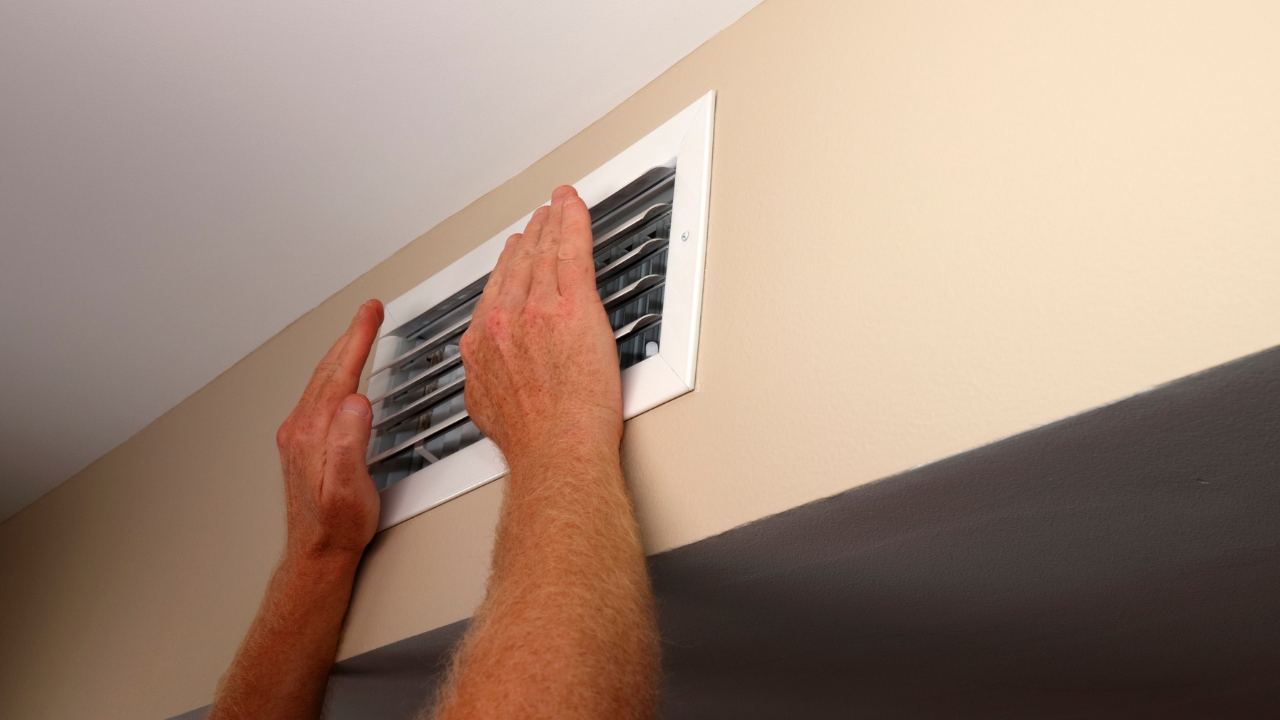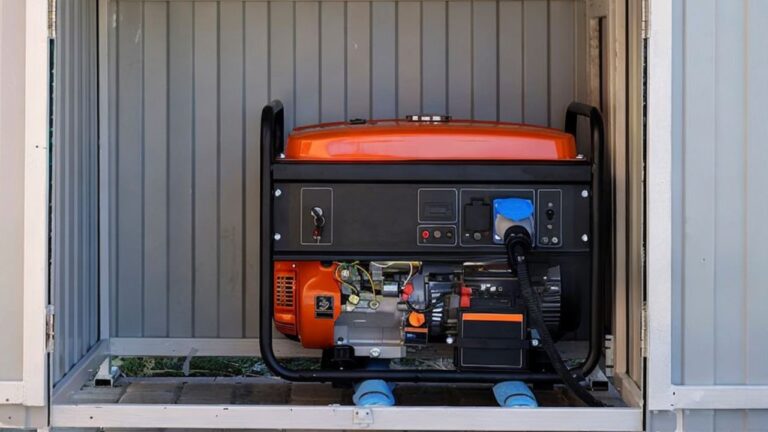This common winter habit is wrecking your HVAC faster than you think
When temperatures drop, most people crank up the heat and shut every vent, door, and window to keep warm. It feels logical—trap the warmth in, keep the cold out—but that habit could be slowly wearing out your HVAC system. The problem isn’t that you’re using your heater too much. It’s that the system can’t breathe the way it’s meant to, and that strain adds up faster than you think.
If you’ve noticed rising energy bills, uneven temperatures, or your system running longer than usual, chances are this common winter mistake is part of the reason.
Closing vents to “save heat” does the opposite
One of the most damaging things you can do to your HVAC system in winter is close off vents in rooms you don’t use. The logic makes sense on paper—why heat the guest room if nobody’s sleeping there? But your system wasn’t designed to work that way.
Every vent and return in your home is part of a balanced network. When you close vents, it increases pressure in the ductwork, forcing your blower to work harder. That pressure can lead to air leaks, frozen coils, or even cracked heat exchangers over time. Instead of saving energy, you’re making the system less efficient and more likely to fail early.
If you really want to reduce heating in certain areas, use zoning controls or install a ductless system for separate spaces. Otherwise, keep the vents open and let the system do what it’s built to do—circulate air evenly.
Blocking air returns chokes the system
Another thing that quietly hurts your HVAC in winter is blocking air returns with furniture or curtains. Air returns are what allow the system to pull in room air, reheat it, and push it back out. When you cover them, the system loses that balance and can’t circulate properly.
Without enough airflow, your furnace overheats and cycles off before reaching the set temperature. That constant stop-start behavior strains the motor and shortens its lifespan.
If your air feels weak or uneven, walk through your home and make sure every return vent is uncovered. You’ll probably notice your furnace running more smoothly within a day or two.
Forgetting to replace filters makes everything worse
During winter, your furnace works harder than any other time of year, pulling in dust, pet hair, and debris that quickly clog the filter. A dirty filter restricts airflow, which causes the same problem as closing vents—strain.
When air can’t move freely, the system has to run longer to heat your home, burning more energy and raising your bill. That trapped heat can also crack components or trigger your furnace’s safety shutoff.
Check your filters monthly in winter and change them at least every 60 days, or sooner if you have pets. It’s one of the easiest and cheapest ways to extend the life of your HVAC system.
Cranking the thermostat too high doesn’t heat faster

When the house feels cold, it’s tempting to bump the thermostat up several degrees to warm things up faster. The problem is, furnaces don’t work like that. They produce heat at a steady rate no matter the temperature setting. All you’re doing is making it run longer—and harder—to reach that higher temperature.
That extra strain can cause premature wear on parts like the blower motor and igniter. It also creates wider temperature swings that make your home feel less comfortable overall.
Setting your thermostat to a consistent temperature and using small, steady adjustments helps maintain balance and keeps your system from overworking itself.
Neglecting the area around your furnace traps heat and dust
Furnaces need space to breathe. If your utility closet or basement is crowded with boxes, paint cans, or storage bins, it limits ventilation and creates fire hazards. It also allows dust to accumulate around critical components, reducing efficiency.
A good rule of thumb is to keep at least three feet of clearance around your furnace. Vacuum the area occasionally and make sure nothing is blocking air intake panels. The cleaner the space, the less strain on the motor and filter.
Ignoring ductwork issues means wasted heat
Even a small duct leak can lose up to 30% of your heated air before it ever reaches your rooms. In winter, that loss forces your furnace to run longer to compensate, driving up costs and wear.
Leaks often happen in attics, crawlspaces, or behind walls, where ducts expand and contract with temperature changes. If you notice some rooms staying colder than others, that’s a sign your ducts may need to be sealed or insulated.
Professionals can use mastic or foil tape to fix leaks permanently. It’s a quick job that can add years to your system’s life and lower your bills immediately.
Overusing space heaters creates hidden strain

Space heaters can help with cold spots, but relying on them too much can throw your home’s air balance off. When you heat only certain rooms this way, your central system senses uneven temperatures and keeps cycling on and off to even things out.
That unnecessary cycling wears down parts and increases your energy use overall. If your home constantly needs space heaters, it’s a sign your main system needs balancing or your insulation needs upgrading. Fixing the root issue will save you far more long-term.
Your HVAC works best when you let it breathe
Your heating system was designed to operate as a complete, balanced system. Every vent, return, and filter has a purpose, and every shortcut you take—closing vents, skipping maintenance, blocking airflow—makes it work harder than it should.
You don’t need to overhaul your system to protect it. You just need to treat it like the hardworking piece of equipment it is. Keep air moving, filters clean, and vents open.
A little airflow goes a long way toward keeping your home warm and your HVAC running for years longer than it would otherwise.
Like Fix It Homestead’s content? Be sure to follow us.
- I made Joanna Gaines’s Friendsgiving casserole and here is what I would keep
- Pump Shotguns That Jam the Moment You Actually Need Them
- The First 5 Things Guests Notice About Your Living Room at Christmas
- What Caliber Works Best for Groundhogs, Armadillos, and Other Digging Pests?
- Rifles worth keeping by the back door on any rural property
*This article was developed with AI-powered tools and has been carefully reviewed by our editors.







